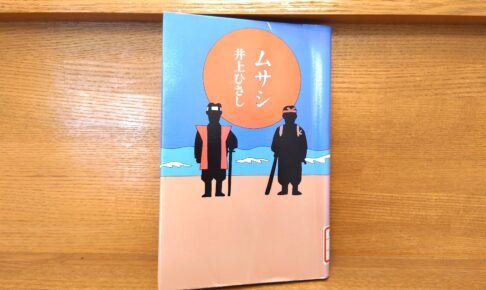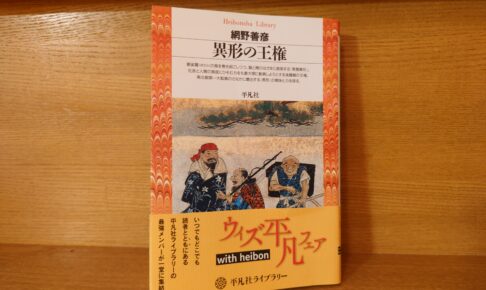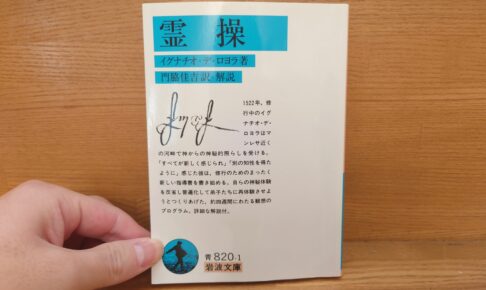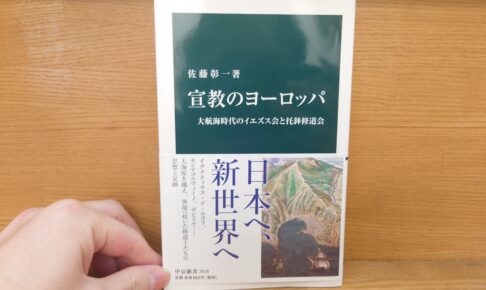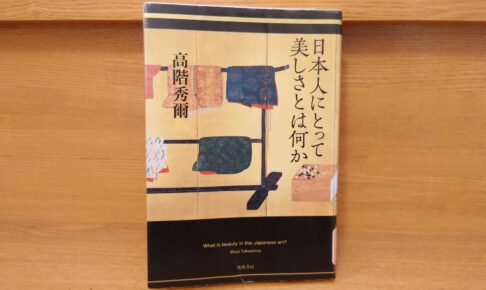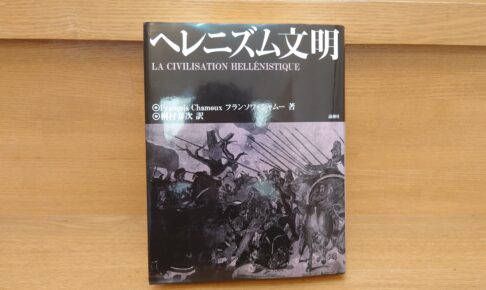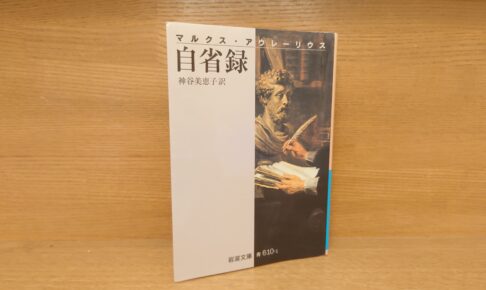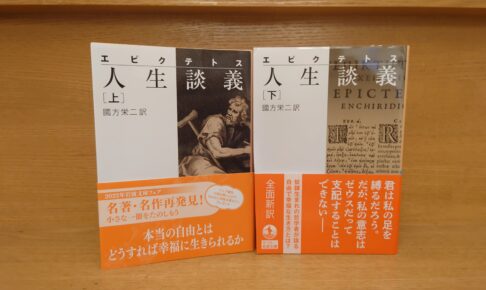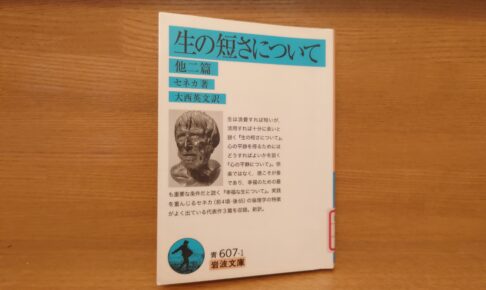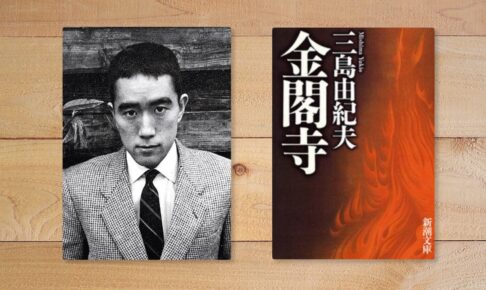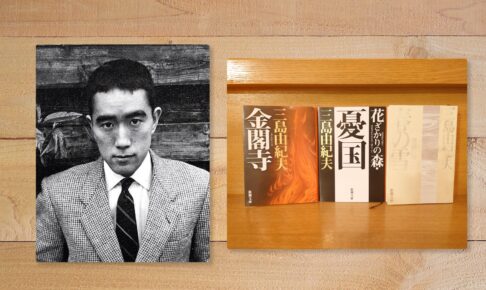Synopsis and Thoughts on "Musashi" by Hisashi Inoue - Can one break the chain of retribution? A play for the stage directed by Yukio Ninagawa
Still, this story is brilliant...!
First of all, it was bold to write a sequel to the duel between Miyamoto Musashi and Sasaki Kojiro, which is well known to all Japanese people. Then, it was the exact opposite of what one would expect from a duel between these two brave men! Normally, one would be tempted to write a blood-curdling rematch. It's amazing!
The big circle at the end is also good. I was very moved by it. I'm sorry I can't tell you about it here because it would be a spoiler.
I love this piece. It was also a great opportunity for me to rediscover how fucking serious I am lol.












